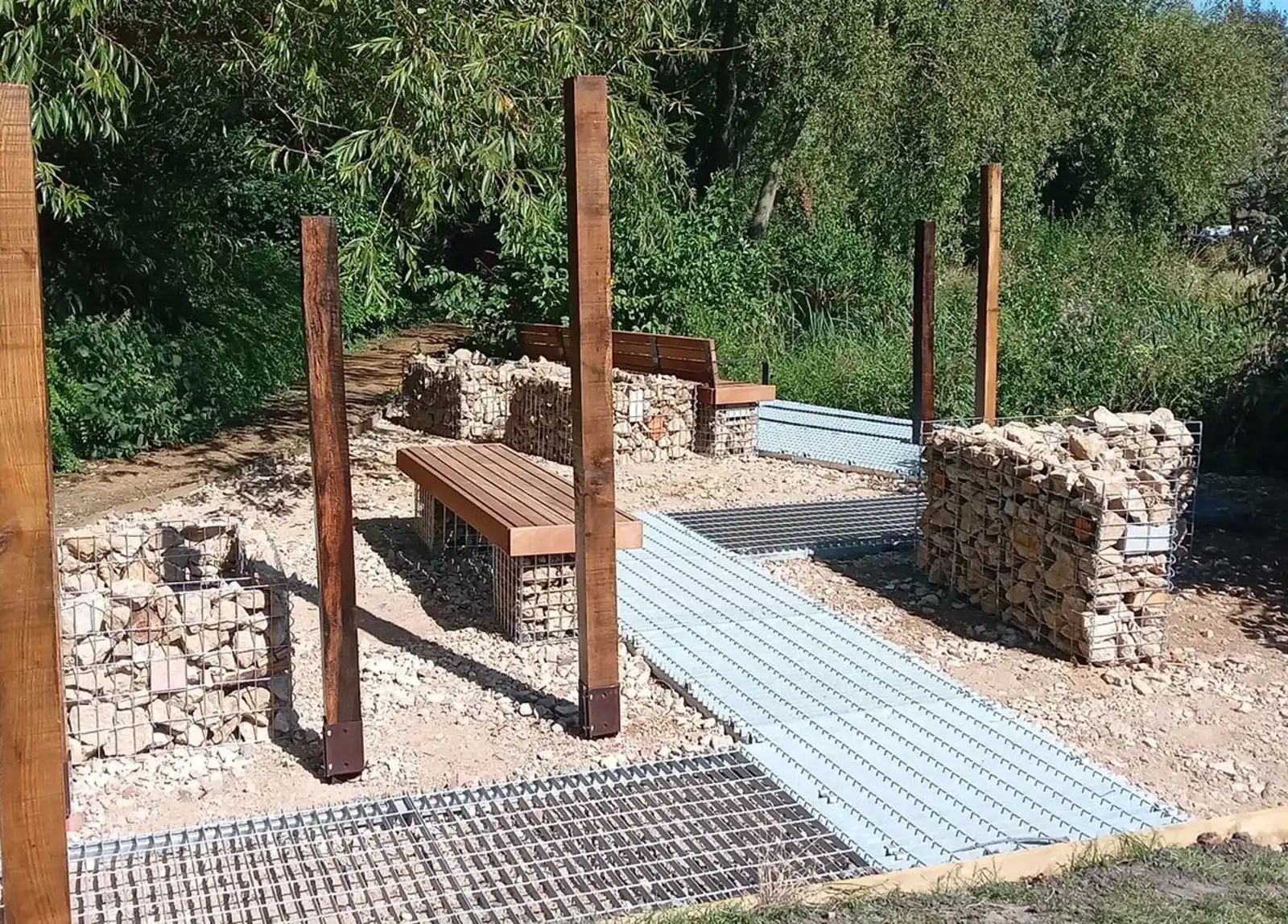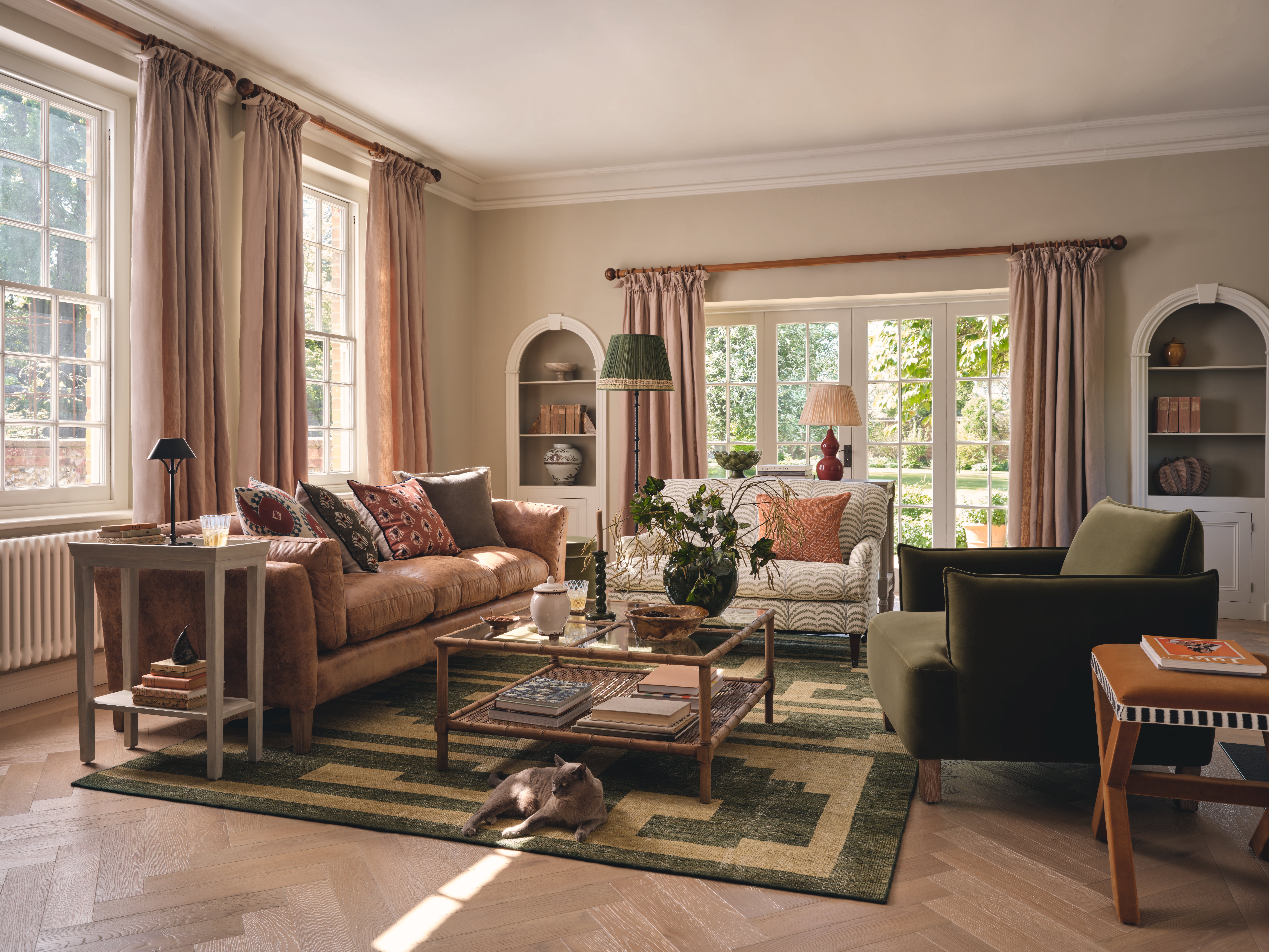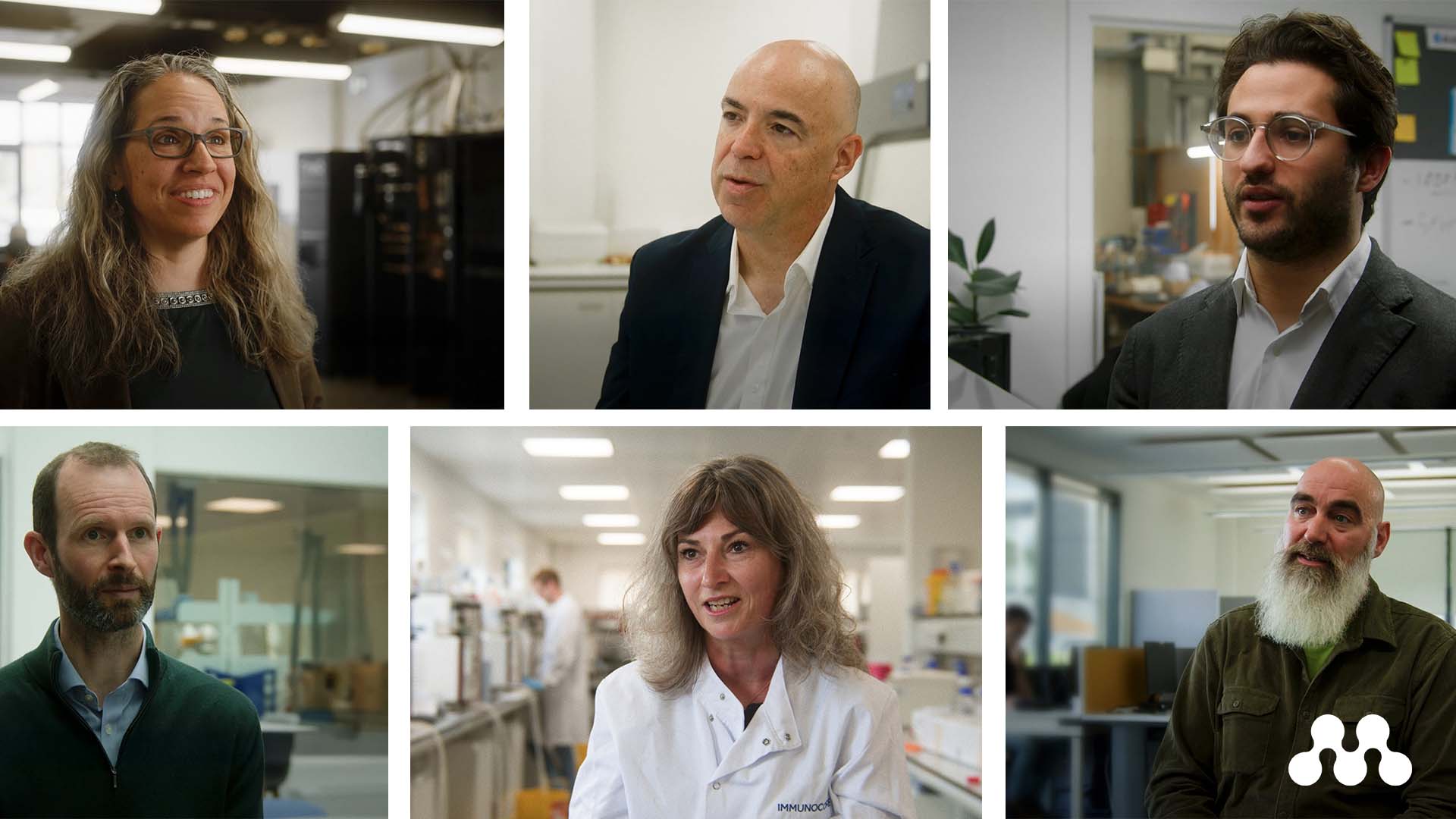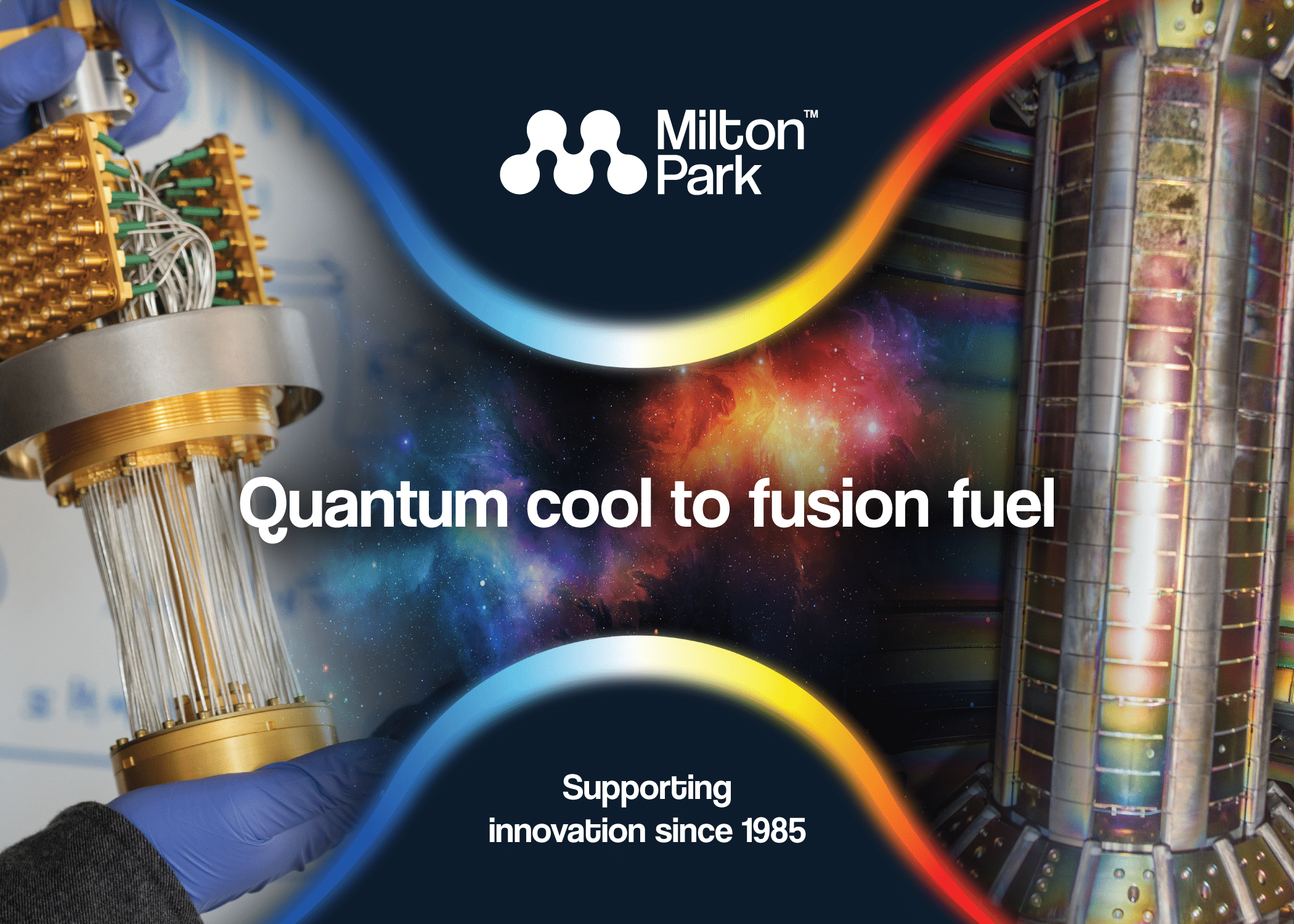Five new sustainable initiatives for Milton Park
Published on 30 October 2023
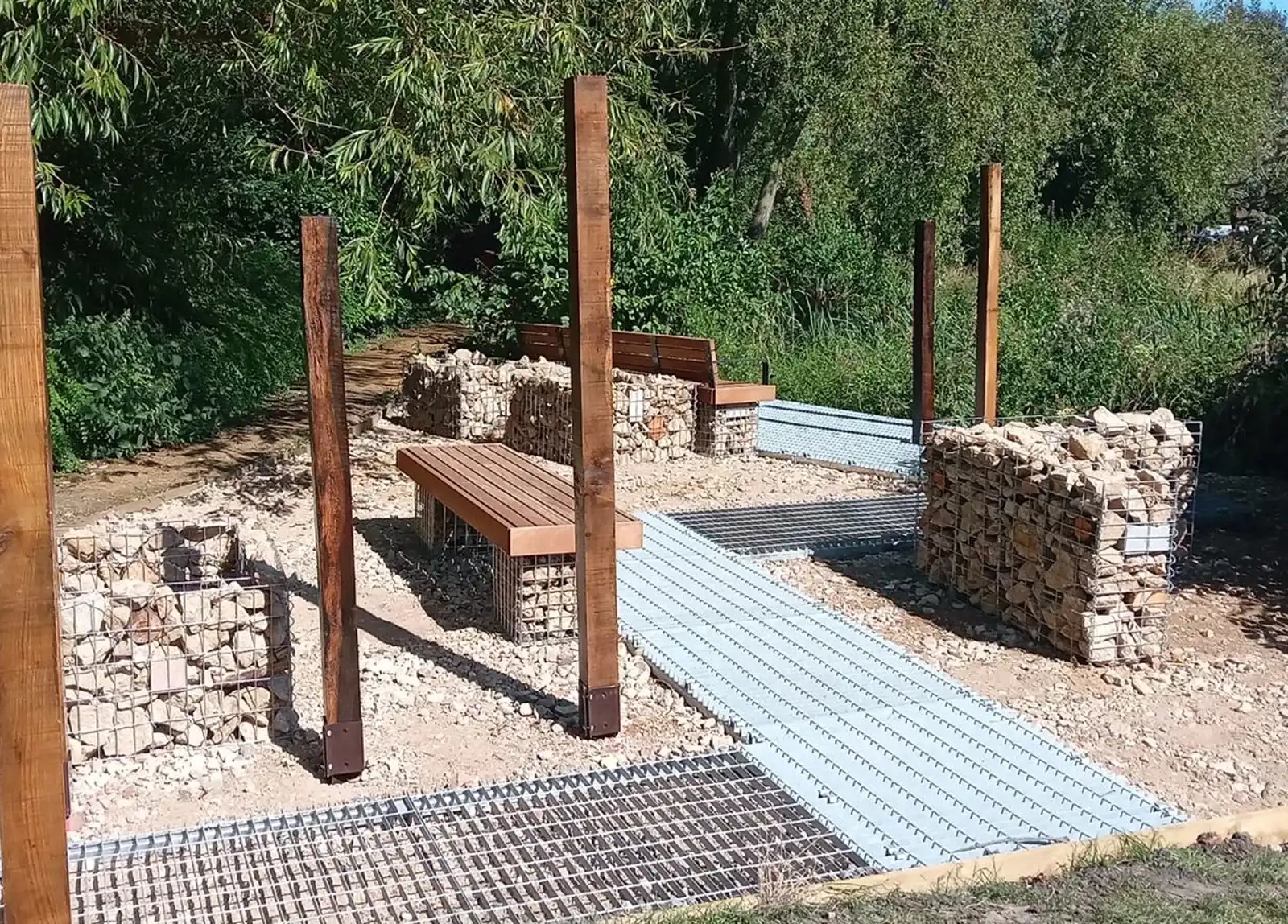
Sustainability is at the heart of everything Milton Park does. The team works hard to make a positive contribution to the environment and address the current climate emergency.
Below are five initiatives new to the Park this year to help protect the planet.
1. Polystyrene recycling
Did you know that due to Milton Park’s policy on ‘zero to landfill’, approximately 242 tonnes of mixed recycling is processed every year?
However, the polystyrene packaging used to safely deliver occupiers’ high-tech equipment is a little more complex to recycle. That’s why the Greener Workplace Forum, made up of representatives from over 60 companies across the Park, decided to investigate how to tackle the problem head on, with the support of biotech pioneer Evotec.
A special compactor unit is now installed on the Park which processes polystyrene into a suitable state to be recycled and will soon be available for occupiers to use. Comms will be sent out shortly to confirm how occupiers can use the new service.
2. Robot mower
Solar-powered and with low carbon impact, Milton Park’s new robot mower helps save energy, time, money and emissions.
App-controlled with a GPS sensor, it can operate its scheduled route unsupervised and even return itself to the docking station to recharge after a long day cutting grass. This means the ground maintenance team can utilise their time elsewhere on the Park and reduces the use of power and vehicle emissions, a win all around.
3. Low mow zones
Inspired by PlantLife’s No Mow May campaign, the ground maintenance team has increased the number of green areas across the Park to be low mow year-round. When done properly, allowing plants to naturally grow and flower not only looks great, but is also carbon-saving and promotes thriving ecosystems. These areas will cut at most four times a year with the wildflower areas only once or twice a year.
4. Lagoon biodiverse garden
Located behind buildings 65 and 71 is the Park’s biodiverse garden, created by CBRE and ASA Landscape Architects. Designed to attract wildlife and require little maintenance, the garden uses reclaimed materials as substrate for the native plant species, selected for their long life spans and suitability to low nutrient conditions. The planting materials include broken down concrete, brick and tiles, helping to reduce carbon impact and weed growth.
For occupiers visiting the garden, there is a metal grid walkway and rock cage benches boosting the gardens durability to last for over 75 years. With over 200 types of bees on the Park, the garden also provides habitat for the ever-important solitary bees. Solitary bees are nature’s best pollinators and key to keeping the Park’s flowerbeds buzzing. Inside the repurposed benches are bundles of bamboo canes for them to nest, holes in wooden posts, plus there are sand and fine soil areas for ground-nesting bees.
5. Carbon offset printing
Milton Park is balancing the scales by using Carbon Balanced Paper, reducing the carbon impact of its printing. Working with printers who partner with the global conservation charity, World Land Trust, printing production is offset by donating a fee to support and protect tropical rainforest habitats from deforestation and degradation. So far, the Park has balanced the equivalent of 17kg of carbon dioxide, enabling the World Land Trust to continue to protect critically threatened rainforests.

